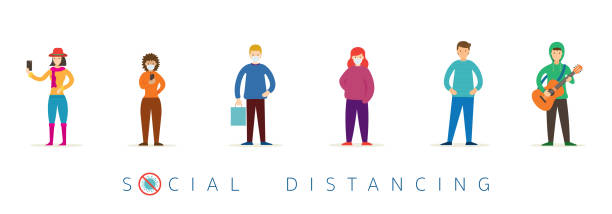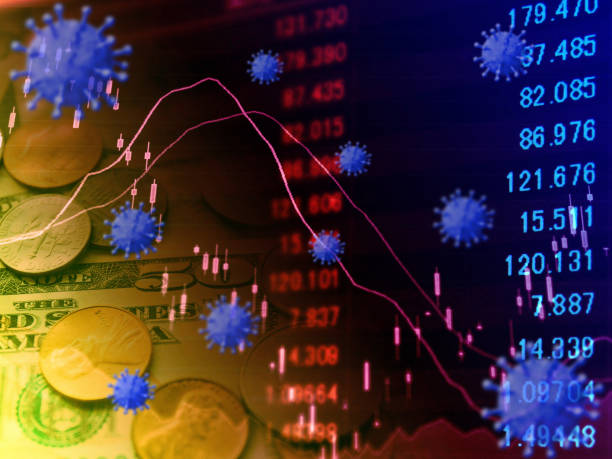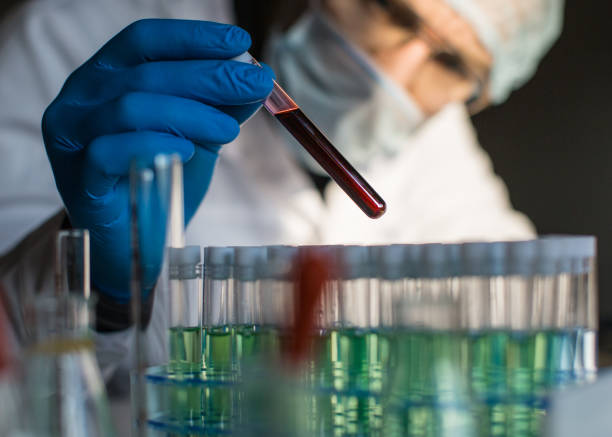Title: Coronavirus 2020: A Year of Global Challenge and Resilience
The year 2020 will forever be etched in history as the year the world was gripped by the coronavirus pandemic. The emergence of the novel coronavirus, named SARS-CoV-2, and the disease it causes, COVID-19, marked an unprecedented global health crisis that tested the resilience of nations, communities, and individuals on an unprecedented scale. The rapid spread of the virus, its profound impact on public health, economies, and daily life, as well as the scientific and collaborative efforts to combat it, defined the year 2020.
The Outbreak and Global Response
The coronavirus outbreak, believed to have originated in a seafood market in Wuhan, China, quickly snowballed into a global crisis. The virus's highly contagious nature allowed it to spread across continents within weeks, creating an urgent need for coordinated international response. The World Health Organization (WHO) declared COVID-19 a pandemic on March 11, 2020, acknowledging its widespread and sustained transmission.
Governments around the world implemented a variety of measures to curb the virus's spread. These included lockdowns, travel restrictions, quarantine protocols, and social distancing measures. The goal was to "flatten the curve," slowing the rate of infections to avoid overwhelming healthcare systems. The sudden halt in economic activity, however, led to an unprecedented economic downturn, causing widespread job losses and business closures.
Healthcare Under Pressure
The healthcare sector bore the brunt of the pandemic's impact. Hospitals and medical facilities faced severe shortages of personal protective equipment (PPE), ventilators, and other critical medical supplies. Healthcare workers, including doctors, nurses, and other frontline staff, worked tirelessly under immense pressure and risk to treat COVID-19 patients, often at great personal sacrifice.
The race for a vaccine became a paramount focus of global scientific research. Pharmaceutical companies, research institutions, and governments collaborated like never before to develop safe and effective vaccines in record time. By December 2020, multiple vaccines were granted emergency use authorization, offering a glimmer of hope for an eventual end to the pandemic.
Adapting to a New Normal
The pandemic brought about profound changes in daily life. Remote work and virtual meetings became the norm as businesses and institutions adapted to social distancing guidelines. Schools shifted to online learning, posing challenges for educators, students, and parents alike. The entertainment industry faced disruptions as theaters closed and film releases were postponed.
The pandemic's toll on mental health also became a growing concern. Isolation, fear, and uncertainty led to increased rates of anxiety and depression. Coping mechanisms, such as virtual support groups and teletherapy, gained prominence as individuals sought ways to navigate the emotional challenges posed by the pandemic.
Global Solidarity and Scientific Endeavors
Amid the challenges, stories of global solidarity emerged. Communities rallied to support vulnerable populations by delivering groceries, providing emotional support, and organizing fundraisers. Volunteers and NGOs played a crucial role in filling gaps in healthcare infrastructure, especially in regions with limited resources.
Scientific collaboration reached unprecedented levels. Researchers shared findings openly and worked together to better understand the virus, its transmission, and potential treatments. The rapid sequencing of the virus's genome allowed scientists to develop diagnostic tests and track its mutations. This collaboration paved the way for the development of effective vaccines and treatments.
Lessons Learned and Looking Ahead
The year 2020 underscored the importance of preparedness and swift, coordinated responses to global crises. It revealed the vulnerabilities in healthcare systems, social safety nets, and economic structures. The pandemic exposed and exacerbated existing inequalities, disproportionately affecting marginalized communities.
As the world navigated through the challenges of 2020, it also glimpsed the potential for positive change. Environmental benefits were observed as lockdowns led to reduced pollution and carbon emissions. Innovations in remote work and telemedicine hinted at possibilities for more flexible and accessible systems in the future.
In conclusion, the year 2020 will forever be synonymous with the coronavirus pandemic. It was a year that tested humanity's resilience, adaptability, and collective strength. The global response showcased both the challenges of a deeply interconnected world and the remarkable capacity for collaboration and innovation in the face of adversity. As the world moved into 2021 and beyond, the lessons learned from this extraordinary year would continue to shape the way societies, governments, and individuals approach health, crises, and the future.
The year 2020 will forever be etched in history as the year the world was gripped by the coronavirus pandemic. The emergence of the novel coronavirus, named SARS-CoV-2, and the disease it causes, COVID-19, marked an unprecedented global health crisis that tested the resilience of nations, communities, and individuals on an unprecedented scale. The rapid spread of the virus, its profound impact on public health, economies, and daily life, as well as the scientific and collaborative efforts to combat it, defined the year 2020.
The Outbreak and Global Response
The coronavirus outbreak, believed to have originated in a seafood market in Wuhan, China, quickly snowballed into a global crisis. The virus's highly contagious nature allowed it to spread across continents within weeks, creating an urgent need for coordinated international response. The World Health Organization (WHO) declared COVID-19 a pandemic on March 11, 2020, acknowledging its widespread and sustained transmission.
Governments around the world implemented a variety of measures to curb the virus's spread. These included lockdowns, travel restrictions, quarantine protocols, and social distancing measures. The goal was to "flatten the curve," slowing the rate of infections to avoid overwhelming healthcare systems. The sudden halt in economic activity, however, led to an unprecedented economic downturn, causing widespread job losses and business closures.
Healthcare Under Pressure
The healthcare sector bore the brunt of the pandemic's impact. Hospitals and medical facilities faced severe shortages of personal protective equipment (PPE), ventilators, and other critical medical supplies. Healthcare workers, including doctors, nurses, and other frontline staff, worked tirelessly under immense pressure and risk to treat COVID-19 patients, often at great personal sacrifice.
The race for a vaccine became a paramount focus of global scientific research. Pharmaceutical companies, research institutions, and governments collaborated like never before to develop safe and effective vaccines in record time. By December 2020, multiple vaccines were granted emergency use authorization, offering a glimmer of hope for an eventual end to the pandemic.
Adapting to a New Normal
The pandemic brought about profound changes in daily life. Remote work and virtual meetings became the norm as businesses and institutions adapted to social distancing guidelines. Schools shifted to online learning, posing challenges for educators, students, and parents alike. The entertainment industry faced disruptions as theaters closed and film releases were postponed.
The pandemic's toll on mental health also became a growing concern. Isolation, fear, and uncertainty led to increased rates of anxiety and depression. Coping mechanisms, such as virtual support groups and teletherapy, gained prominence as individuals sought ways to navigate the emotional challenges posed by the pandemic.
Global Solidarity and Scientific Endeavors
Amid the challenges, stories of global solidarity emerged. Communities rallied to support vulnerable populations by delivering groceries, providing emotional support, and organizing fundraisers. Volunteers and NGOs played a crucial role in filling gaps in healthcare infrastructure, especially in regions with limited resources.
Scientific collaboration reached unprecedented levels. Researchers shared findings openly and worked together to better understand the virus, its transmission, and potential treatments. The rapid sequencing of the virus's genome allowed scientists to develop diagnostic tests and track its mutations. This collaboration paved the way for the development of effective vaccines and treatments.
Lessons Learned and Looking Ahead
The year 2020 underscored the importance of preparedness and swift, coordinated responses to global crises. It revealed the vulnerabilities in healthcare systems, social safety nets, and economic structures. The pandemic exposed and exacerbated existing inequalities, disproportionately affecting marginalized communities.
As the world navigated through the challenges of 2020, it also glimpsed the potential for positive change. Environmental benefits were observed as lockdowns led to reduced pollution and carbon emissions. Innovations in remote work and telemedicine hinted at possibilities for more flexible and accessible systems in the future.
In conclusion, the year 2020 will forever be synonymous with the coronavirus pandemic. It was a year that tested humanity's resilience, adaptability, and collective strength. The global response showcased both the challenges of a deeply interconnected world and the remarkable capacity for collaboration and innovation in the face of adversity. As the world moved into 2021 and beyond, the lessons learned from this extraordinary year would continue to shape the way societies, governments, and individuals approach health, crises, and the future.




